To realize the goal of establishing IFC Vietnam by the end of 2025, Ho Chi Minh City still needs to accelerate further preparations in terms of institutions, technological infrastructure and human resources.
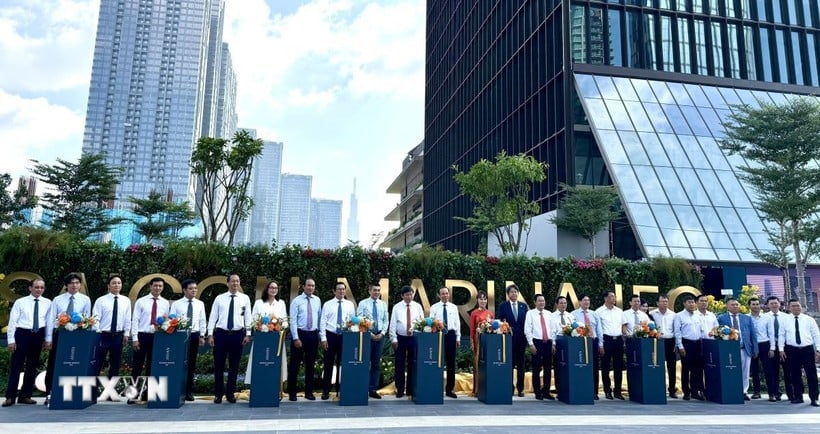
Resolution No. 222/2025/QH15 of the National Assembly on the International Finance Center (IFC) in Vietnam officially took effect from September 1, 2025, not only opening up an important legal corridor for the formation of IFC in Vietnam but also posing urgent requirements for substantive, speedy and effective actions from the localities that are "chosen to entrust their gold."
In Ho Chi Minh City, the “dream” of an IFC is gradually becoming clearer after nearly 25 years of incubation. Many domestic and foreign enterprises have expressed strong support for the Government ’s orientation on building IFC Vietnam, with the goal of making the country a strategic destination in global capital flows.
The construction progress of IFC in Ho Chi Minh City marked a new milestone when the Financial Tower - Saigon Marina IFC was officially inaugurated at 2 Ton Duc Thang, Saigon Ward in mid-August 2025.
Ho Chi Minh City Development Joint Stock Commercial Bank (HDBank) - the project investor is also planning to move its headquarters to this Tower.
Saigon Marina IFC is positioned not only as a simple financial tower, but also as an integrated space between fields such as: asset management, financial technology (fintech), commodity trading and logistics supply chain - to build a comprehensive financial ecosystem, support innovative startups and international connections.
According to Mr. Nguyen Van Dung, Vice Chairman of Ho Chi Minh City People's Committee, Saigon Marina IFC is the first project in the Ho Chi Minh City International Financial Center area, starting the realization of Resolution 222/2025/QH15 of the National Assembly.
With the existing advantage of a diverse financial ecosystem that has been formed over many years in the city center, Ho Chi Minh City has planned an IFC space with a total area of about 793 hectares in the Saigon and Ben Thanh wards and Thu Thiem New Urban Area; in which, the 9.2-hectare core area in Thu Thiem will be the location of the headquarters of financial management and supervision agencies.
Notably, while waiting for the completion of infrastructure in Thu Thiem, Mr. Lam Dinh Thang, Director of the Department of Science and Technology of Ho Chi Minh City, said that part of the space at the Ho Chi Minh City Innovation and Startup Center Building (SIHUB) will be used as a temporary workplace for IFC.
This is a rare model of infrastructure sharing between two important components: innovative startups and international finance.
Ho Chi Minh City’s startup ecosystem is currently valued at around US$7.4 billion, with total venture capital investment attracting US$260 million – a figure that shows the city’s growing appeal to domestic and foreign investors.
The city is also home to nearly 50% of the country's startups; and is also the "cradle" of three Vietnamese technology "unicorns" including VNG, MoMo and Sky Mavis.
On the global technology map, Ho Chi Minh City continuously makes its mark with impressive rankings in many key fields.
Specifically, the city is in the global top 30 and ranks 2nd in Southeast Asia in terms of startup activities in the Blockchain field - one of the fastest growing industries today.
In addition, Ho Chi Minh City also ranked 54th globally in Fintech, 62nd in educational technology (Edtech), 71st in E-commerce & retail and 87th in smart transportation.
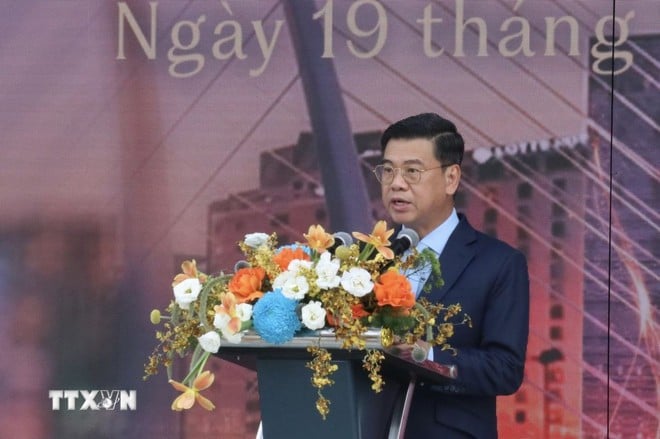
The fact that the city's two strategic hubs - the Creative Startup Center and the International Finance Center - operate together in one space is considered an impressive combination, creating many advantages for the connection of startups, especially startups in the field of financial technology, investment funds, incubators, and technology enterprises.
According to experts, this infrastructure sharing model not only contributes to optimizing resources in the initial implementation phase, but also accelerates the formation of an integrated financial-technology ecosystem, a key factor in the strategy for developing smart cities and the knowledge economy of Ho Chi Minh City.
Along with infrastructure preparation, Ho Chi Minh City is also actively promoting international cooperation and improving its internal capacity. Notably, the process of working and preparing to sign a Memorandum of Understanding (MoU) with the Abu Dhabi Global Market Center (ADGM) - one of the fastest growing financial centers in the Middle East.
In addition, the City has also initiated the preparation of high-quality human resources, coordinating with specialized training institutions to organize training courses, ready for the IFC operating apparatus in the near future.
The Ho Chi Minh City People's Committee also established a Working Group to advise on the construction and development of IFC Vietnam in Ho Chi Minh City, focusing on the tasks of research, consulting and proposing policies to build and develop IFC in Ho Chi Minh City.
Despite many new steps forward, to realize the goal of establishing IFC Vietnam by the end of 2025 according to the Government's policy, Ho Chi Minh City still needs to accelerate further preparations in terms of institutions, technological infrastructure and human resources; at the same time, proactively expand international cooperation and attract strategic investment.
This is even more important when recently, Da Nang - the place identified with Ho Chi Minh City to build IFC Vietnam - is gradually realizing its role more clearly in Resolution 222/2025/QH15.
Recently, Da Nang has officially approved the testing in the FinTech sandbox for Basal Pay - the first crypto asset conversion project in Vietnam that complies with the Travel Rule standards of the Financial Action Task Force (FATF) deployed in a clear legal corridor, complying with international requirements on transaction transparency and anti-money laundering and counter-terrorism financing (AML/CFT).
With this project, Da Nang is gradually positioning itself as a center for innovation in digital finance and digital assets. This is not simply a technological experiment, but an institutional strategic move, affirming that Da Nang is proactively dominating the “digital finance playground” in the bipolar structure of IFC Vietnam.
Experts believe that Resolution 222/2025/QH15 officially taking effect from September 1 not only opens up an important legal corridor for the formation of IFC Vietnam, but also poses an urgent requirement for substantive, speedy and effective action from the localities that are "chosen to entrust their gold."
The race between financial centers in the region is becoming increasingly clear. If Ho Chi Minh City makes good use of its “first mover advantage” and harmoniously combines innovation and effective management, it will not only have the opportunity to affirm its role as Vietnam’s financial locomotive, but also gradually become a strategic destination in the global capital flow./.
Source: https://baolangson.vn/trung-tam-tai-chinh-quoc-te-viet-nam-tang-toc-de-khong-bi-lo-nhip-5057712.html




![[Photo] The majestic "sea eye" in the middle of the ocean of Da Nang city](https://vphoto.vietnam.vn/thumb/1200x675/vietnam/resource/IMAGE/2025/9/3/a2cdfcc4501140e6a6bc2ad767f64b36)

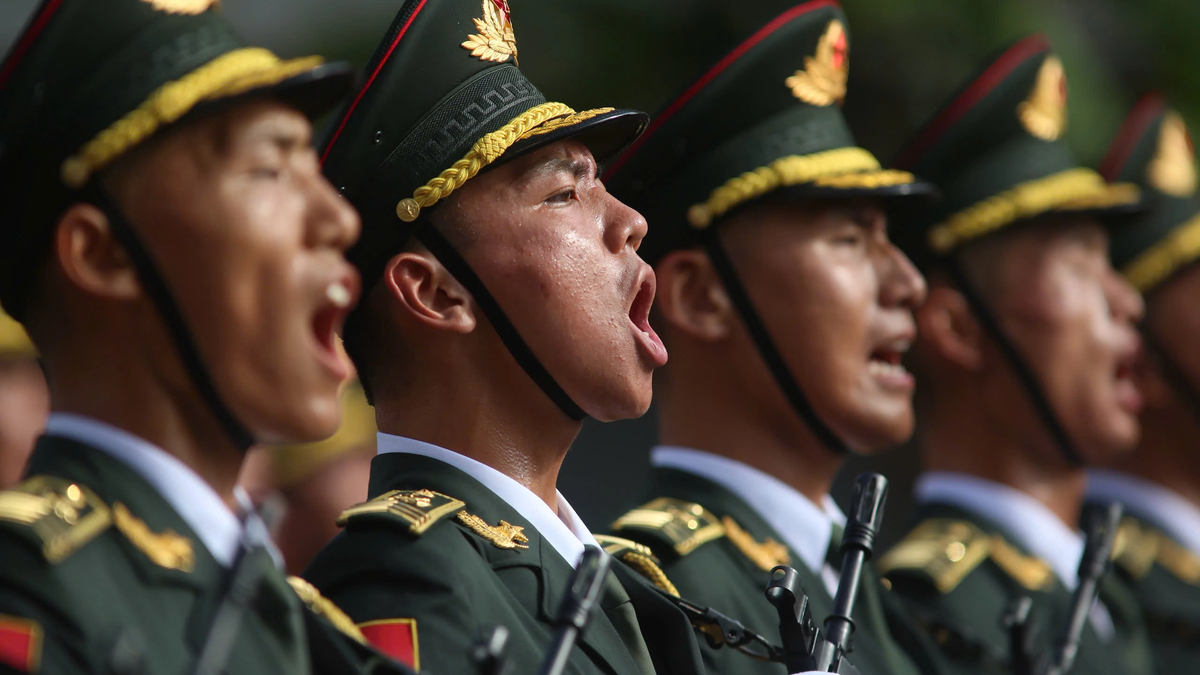

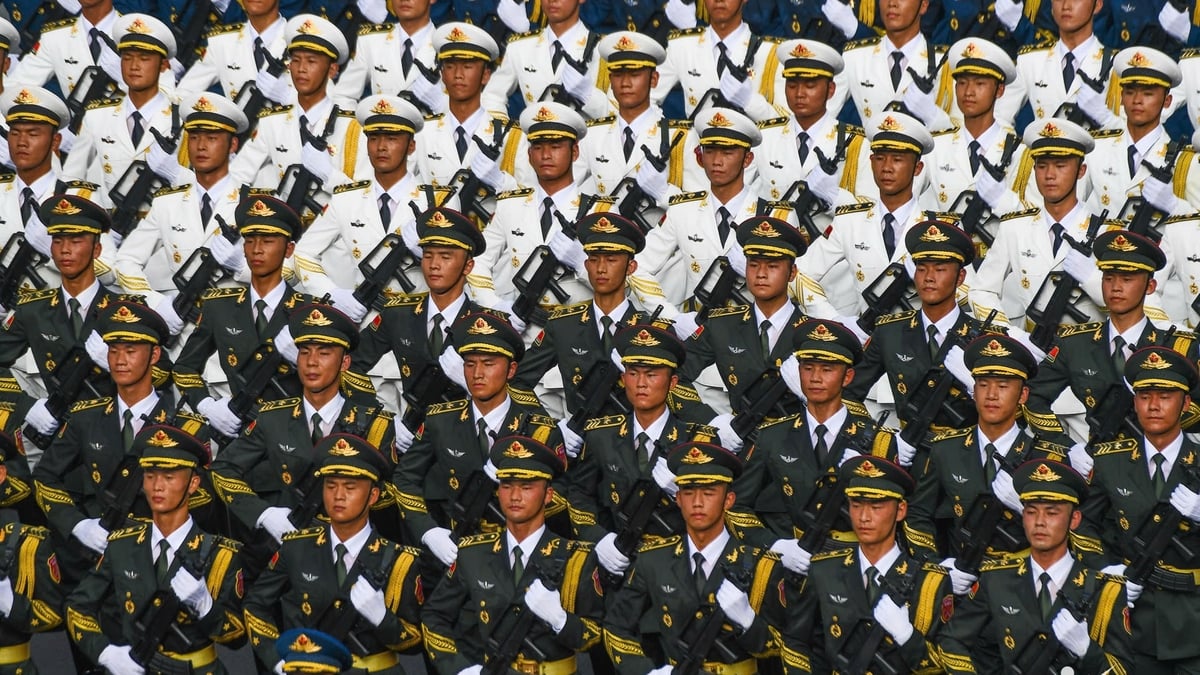


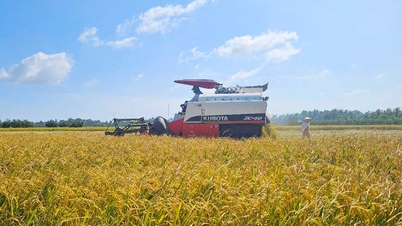

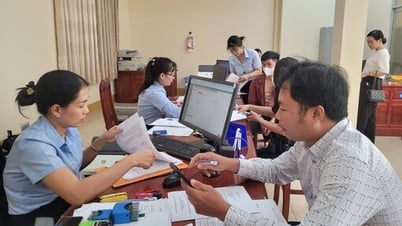






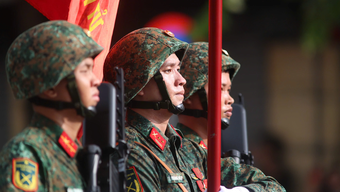




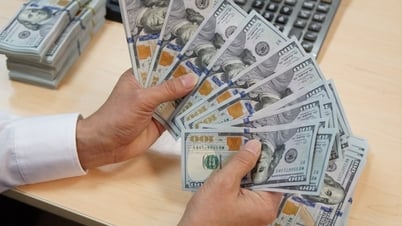

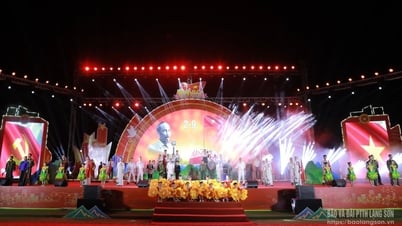
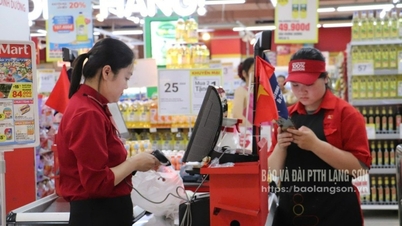













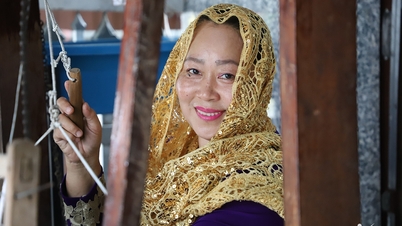

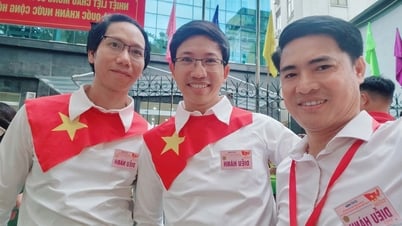







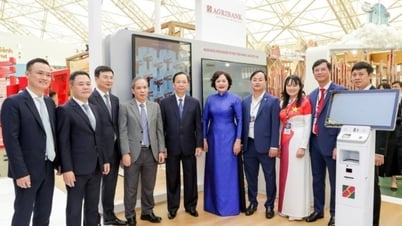


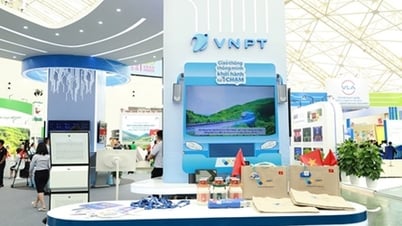




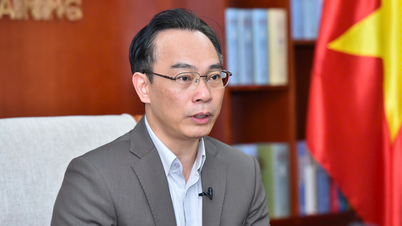

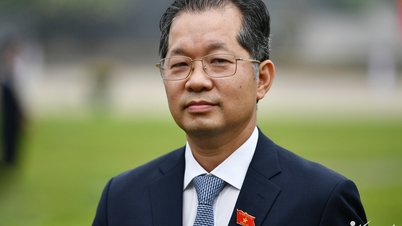





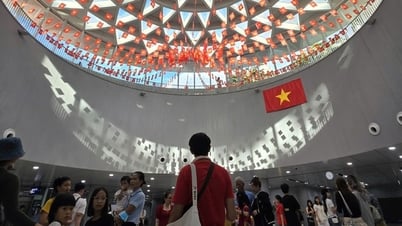

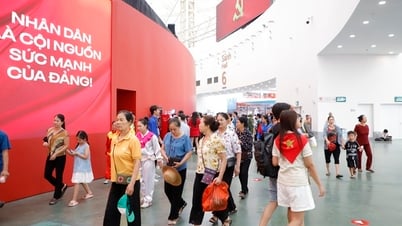






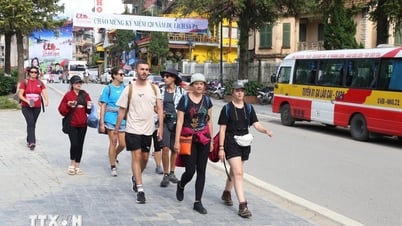






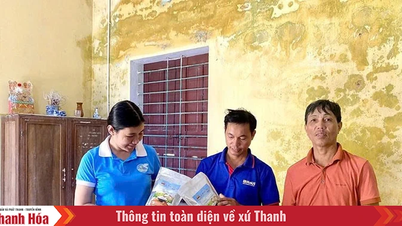

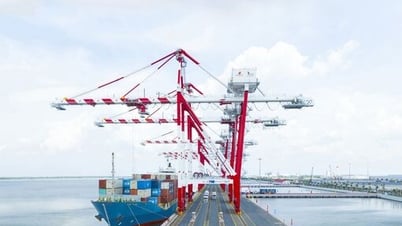
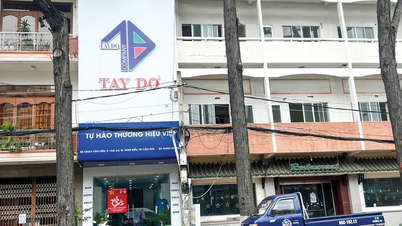



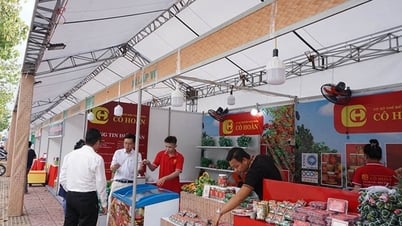





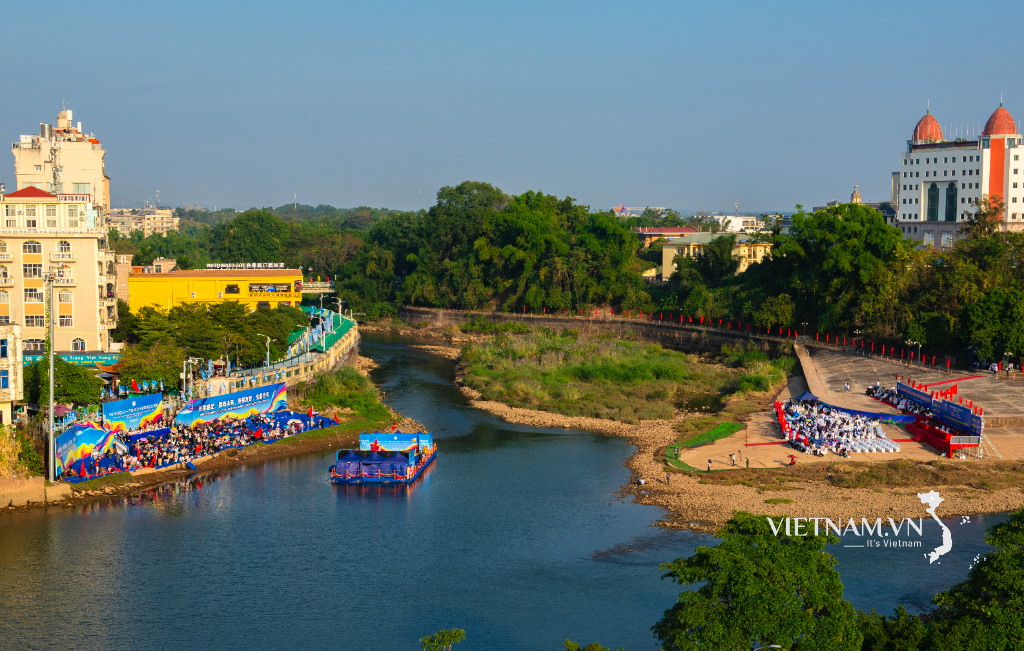
Comment (0)